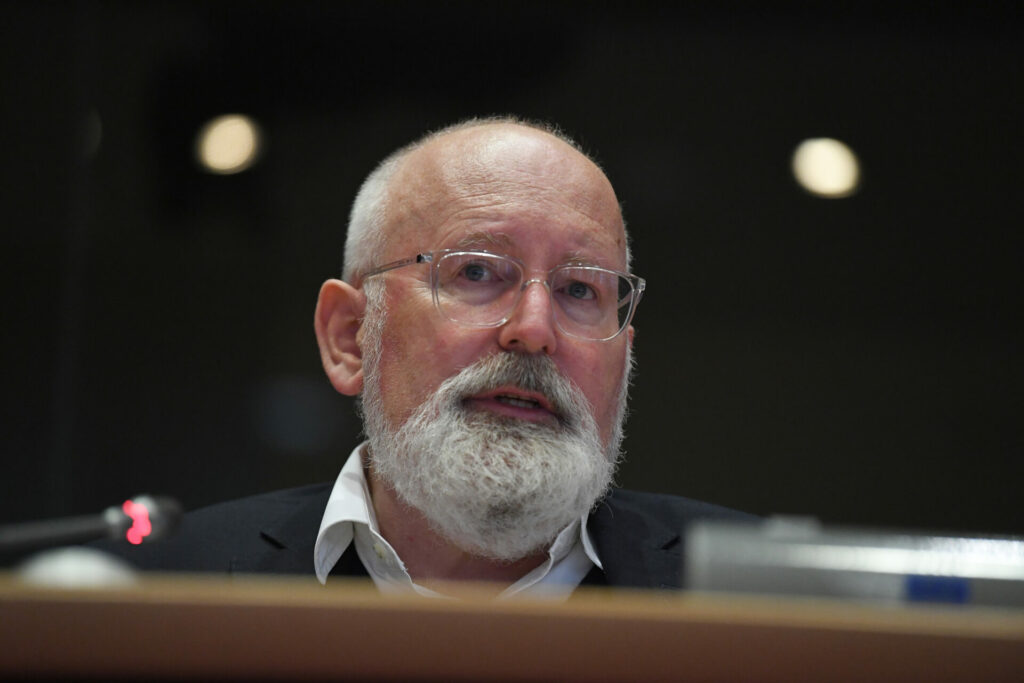European Commission Vice President Frans Timmermans has warned that the next three winters will be 'difficult' for European citizens – and that next year's winter is likely to be far more difficult than this year's.
"We know that it will take about three years before we [EU Member States] have enough insulated houses, heat pumps or solar panels installed," Timmermans said in a recent interview with Le Soir. "Everyone says that this winter will be hard, but the [gas] stocks are full, so it should be fine if we don't have a Siberian winter."
Yet the commissioner was less optimistic about the longer-term outlook: "The next winter will be much more difficult because there will be much less, if any, Russian gas in our stocks. And nobody is talking about the third winter: I think it will not be as difficult as the second one, but it will still be difficult. We have to prepare our societies for this reality."
Though ominous, Timmermans' assessment of Europe's energy crisis remains significantly more optimistic than that of Belgian Prime Minister Alexander De Croo, who recently predicted that "the next five to ten winters will be difficult" across the EU.
The importance of European solidarity
Timmermans also stressed that, much like during the Covid-19 crisis, European solidarity and cooperation will be key factors in determining whether Member States can survive the upcoming hardship.
"If we act together as Europeans confidence in the idea that we can solve this collectively and in solidarity, will increase," Timmermans said. "The perfect example of this is Covid. We have to approach this crisis in exactly the same way. There is no single Member State that can solve this alone and we have to show that not one state will be abandoned, not one citizen will be abandoned."
Related News
- Belgium in Brief: Brussels' energy-saving mission
- EU ministers agree on 'skimming off' energy producers excess profits
In particular, Timmermans suggested that Member States should work together to reduce their total demand for energy; he also echoed calls by other European leaders that the EU should make joint energy purchases to lower prices.
"One of the reasons why [energy] prices are higher in Europe than, for example, in Asia, is that the Member States have competed with each other."

